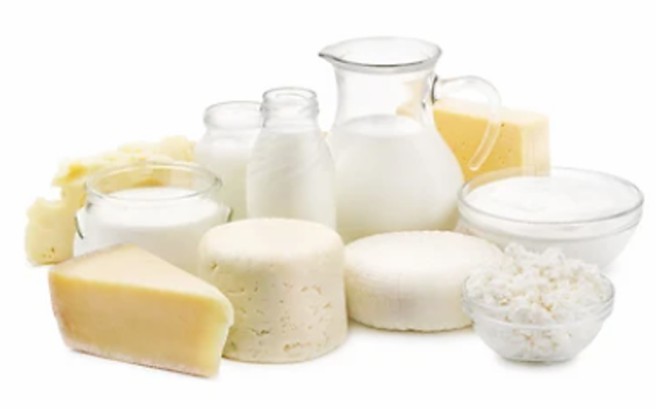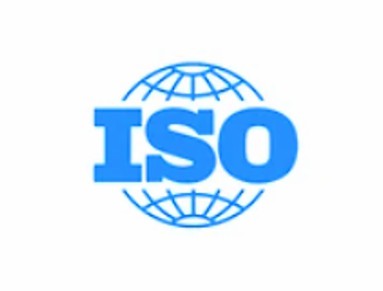
It is essential to identify the safety and nutritional value of milk and milk products. Consumption of milk and milk products accounts for a significant portion of food consumption. Consumers want to know that the products they are consuming are safe and of high quality. It is also necessary to test raw milk and changes in milk composition and physicochemical properties due to the different production processes. In addition, regular production testing can help identify potential issues before they become larger problems, which can help prevent product recalls. Lifeasible offers services to help with all aspects of milk testing.
Lifeasible helps test the safety and nutritional value of milk and milk products, detect changes in the properties of milk during production, and test the ingredients used in the production of milk and milk products, such as rennet. The purposes of these services are to identify that milk and milk products meet regulatory requirements and to help optimize the production of milk and milk products. Below are our milk test contents in brief.
We help analyze a wide range of fat components in milk and milk products, including total fat, essential fatty acids, trans fatty acids, free fatty acids, saturated fatty acids, monounsaturated fatty acids, polyunsaturated fatty acids, triacylglycerols, and sterols. We also help determine the peroxide value of milk fat.
We help comprehensively analyze protein components in milk and milk products. We help detect possible protein contents in milk and milk products, including total protein, casein and whey protein, acid-soluble β-lactoglobulin, soy and pea proteins, and hen's egg white lysozyme. We help detect the activity of enzymatic proteins, including alkaline phosphatase activity, lactoperoxidase activity, rennet activity, and pregastric lipase activity. In addition, we help detect the amino acid composition of proteins.
We help analyze various sugars in milk and milk products, including monosaccharides, disaccharides, and trisaccharides. We focus on detecting the contents of sucrose, lactose, and lactulose.
Determination of other organic compounds
Vitamins, Maillard reaction products, and urea are essential organic compounds to be tested in milk and milk products. We help detect these organic substances. For the Maillard reaction products, we mainly help detect furosine, which marks the initial stage of the Maillard reaction.
Determination of inorganic salts and inorganic elements
In this service, we help to detect nitrate and nitrite contents, chloride, heavy metals, and mineral elements.
We help detect the total solids of milk and milk products to facilitate the production and quality control of milk and milk products.
Determination of harmful substances
It is essential to make sure that milk and milk products are safe, and we help detect possible harmful substances in milk and milk products, including antibiotics, organochlorine compounds, melamine and cyanuric acid, microbial toxins, and heavy metals. We also help determine whether food additives, nitrate, and nitrite exceed the standard.
We help detect microorganisms in milk and milk products, measure the minimum inhibitory concentration (MIC) of lactic acid bacteria, and measure microbial-associated enzymes and toxins.
We help enumerate somatic cells in milk by a microscope, fluoro-opto-electronic counter, or other mechanized and automated cell-counting-based equipment.
Testing of physical and chemical properties
We help test a wide range of physical and chemical properties of milk and milk products, including freezing point
moisture content, titratable acidity, acidification activity, insolubility index, bulk density, refractive index, and antioxidant activity.
Certification of the quality of milk and milk products is essential. We offer services to help confirm the geographical origin and species origin of milk and milk products, detect adulteration and certify quality.
Improving milk and milk products
The quality improvement of milk and milk products can be done in four ways, including improving the safety, nutritional value, taste, and smell, and added value (such as special health benefits) of milk and milk products. We offer services to help test these four aspects of milk and milk products to help improve the quality of milk and milk products.

Comprehensive milk testing

Comply with international standards

Efficient detection

Lifeasible is familiar with the contents of milk testing and is a reliable partner for milk testing. We help with milk testing based on international standards. We can plan individual tests for our clients based on testing purposes and needs. Please don't hesitate to reach out to us if you have any questions. We are always ready to serve you.
Lifeasible has established a one-stop service platform for plants. In addition to obtaining customized solutions for plant genetic engineering, customers can also conduct follow-up analysis and research on plants through our analysis platform. The analytical services we provide include but are not limited to the following:
STU-CRISPR System Improves Plant Genome Editing Efficiency
April 19, 2024
Application of Exosomes in Facial Beauty
April 12, 2024